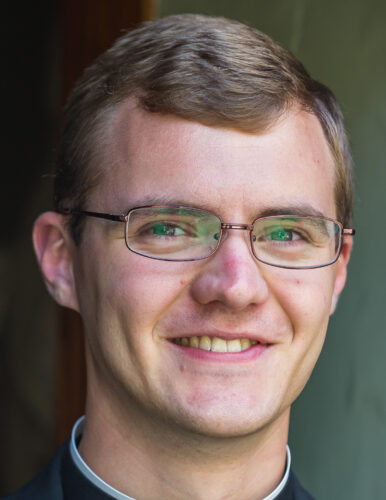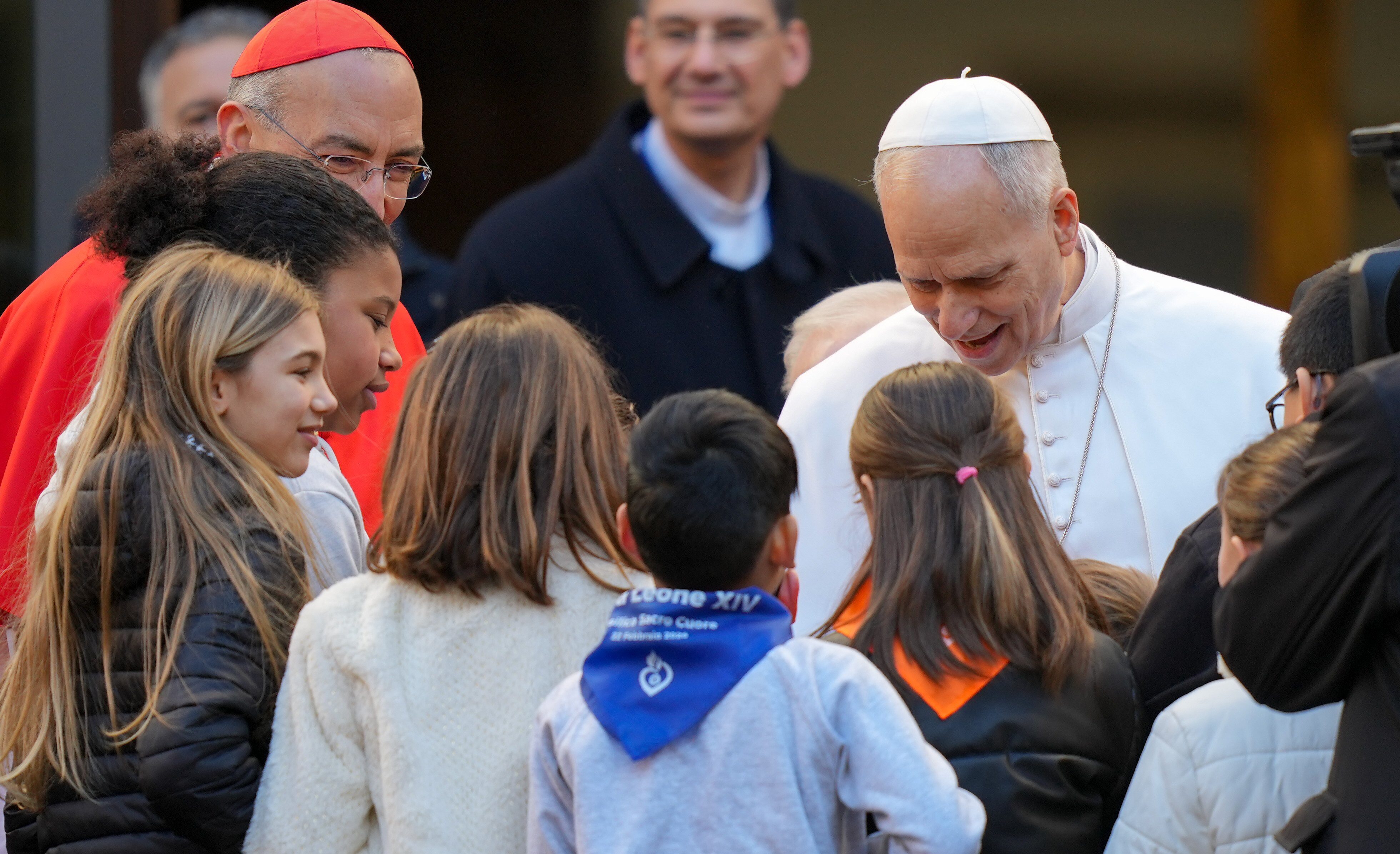DEAR FATHER | The way we listen and live in love help us be great teachers
How are priests and deacons supposed to exercise the office of teaching?

As the vocation director of the Archdiocese of St. Louis, part of my job is to help those considering the priesthood to understand exactly what this vocation is and how it is lived out. I have noticed that when I have shared about the expectations of the priest, it helps both those called to the priesthood and those called to a lay vocation understand their own calling better and live it with greater intentionality.
At ordination, permanent deacons make promises “to hold fast to the mystery of faith with a clear conscience, as the Apostle urges, and to proclaim this faith in word and deed according to the Gospel and the Church’s tradition” and “to exercise the ministry of the word worthily wisely, preaching the Gospel and teaching the Catholic faith.”
Before ascending into heaven, Jesus commanded His apostles, “Go, therefore, and make disciples of all nations, baptizing them in the name of the Father and of the Son and of the Holy Spirit, teaching them to observe all that I have commanded you.” Following the Ascension, the followers of Jesus have diligently told people of all nations what God has revealed to us, and priests and deacons make a special promise to do so wisely with a clear conscience and in word and deed.
This task can, frankly, be quite intimidating. Have you seen how big the Bible is? Have you noticed the thickness of the Catechism? We expect ordained ministers to be experts in the faith and to have a general knowledge of a vast number of topics ranging from Church history to medical ethics, from liturgical practice to canon law. While a minister’s time in seminary does prepare him well for this task, priests and deacons also learn in seminary that memorizing the greatest amount of information is not what makes someone a great minister. Even more than having all the right answers, the best priests and deacons do these three things:
They listen in love first before speaking. The adage “people don’t care how much you know until they know how much you care,” is particularly relevant for ministers. We must demonstrate, through our words and actions, that we want what is best for the people we encounter, wherever they are in life, rather than trying to win an argument or prove a point.
They know what they do not know. The best priests and deacons can simply admit: “I do not know, but I know how to learn more. Can I get back to you?” My dad is fond of saying, “The best part of being part of a Church that is 2,000 years old is that someone smarter than you has already asked the question you have, and someone smarter than you has already answered it.” Priests and deacons ought not to pretend like they have all of the answers, but they can have incredible confidence in the fullness of the truth that has been handed down to us in the Church.
They live what they teach. Jesus directed harsh words towards the hypocrites of his time (see Matthew 23 for many examples). Failing to practice what one preaches empties one’s words of their persuasion and meaning. On the other hand, the lived example of a martyr, who willingly dies for love of Jesus, is more persuasive than any speech that he or she gave during their time on earth. Living what one teaches also means that priests and deacons should know what to do when they encounter difficulties in their faith. The support of regular spiritual direction and the counsel of wise, holy friends provides incredible strength when we encounter new questions and concerns.
What holds you back from talking about matters of faith with others? Are you afraid that you don’t know all the answers? Don’t worry — none of us do! Are you nervous about difficult situations? Start by listening well to where others are and consider how you can love them even better. How can you live your life even more in accordance with what you believe and what you want to share? Your habits of generosity and regular prayer speak just as much as the words that you use.
Father Tony Ritter is director of vocations for the Archdiocese of St. Louis.




